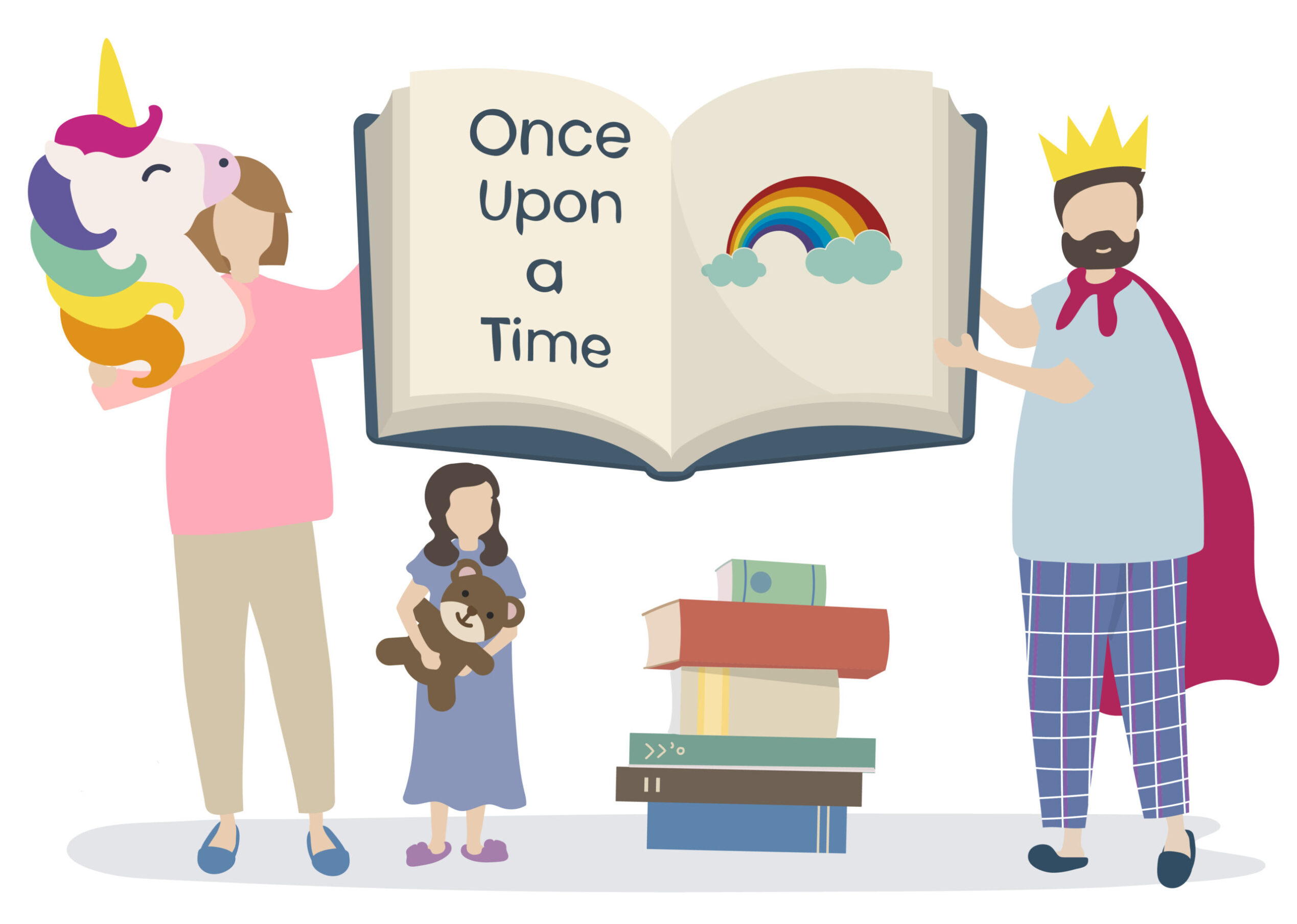
The Art of Storytelling in Marketing Strategy: Igniting Unparalleled Business Growth
In today’s marketing landscape, facts and features alone aren’t enough to win over customers. The power of storytelling in marketing is undeniable—narratives create emotional connections, engage audiences, and make brands memorable. Companies that harness storytelling effectively can inspire loyalty, differentiate themselves from competitors, and foster meaningful relationships with their customers. In this article, we explore how businesses can tap into the power of storytelling to boost their marketing efforts and drive long-term success.
The Art of Storytelling in Marketing Strategy: Igniting Unparalleled Business Growth
1. Creating Emotional Connections with Customers
One of the key aspects of the power of storytelling in marketing is its ability to create emotional connections. Stories evoke feelings that help brands resonate on a deeper level with consumers. Research shows that people are more likely to remember stories over raw data because stories connect emotionally and foster trust(Inkbot Design)(Foundr).
Example: Coca-Cola excels at storytelling by focusing on themes of happiness and shared moments rather than the product itself. Their “Share a Coke” campaign personalized the product, encouraging consumers to buy bottles with names of loved ones, which created personal connections to the brand (Inkbot Design).
2. Differentiating Your Brand Through Storytelling
In a crowded market, the power of storytelling in marketing helps brands stand out. Telling a unique, relatable story showcases your brand’s values and sets it apart from competitors. You can check out our blog that talks about how to build a strong personal branding through storytelling.
Example: Apple’s “Think Different” campaign didn’t just highlight product features; it told the story of innovation and creativity. This narrative positioned Apple as a visionary brand, appealing to customers who valued innovation and wanted to be part of something bigger (Foundr).
3. Building Brand Loyalty with Storytelling
Loyalty comes from trust, and storytelling is a key tool for building that trust. By consistently telling stories that reflect your audience’s values, you strengthen their emotional connection to your brand and foster loyalty.
Example: Patagonia’s storytelling around sustainability and environmental activism has helped them build a loyal customer base. Through initiatives like “Worn Wear,” Patagonia encourages customers to repair and reuse clothing, aligning their story with a commitment to the planet (Gillian Sarah).
For businesses with technical or complex products, the power of storytelling in marketing lies in its ability to simplify information. By presenting complex concepts in the form of a relatable story, you can make your product more accessible and appealing to customers.
Example: Dropbox used simple, clear storytelling to introduce its product. Rather than overwhelming customers with technical jargon, Dropbox framed their service as a tool that simplifies file storage and sharing, which led to quick adoption by users (Foundr).
5. Turning Customers into Brand Advocates
When your customers connect with your story, they are more likely to become advocates for your brand. Effective storytelling inspires people to share your brand’s narrative, turning your customers into storytellers who spread your message.
Example: TOMS Shoes used its “One for One” story—where every purchase of shoes results in a pair being donated to someone in need—to not only engage customers but also encourage them to share the story with others. This transformed TOMS buyers into brand ambassadors, spreading the word globally (Gillian Sarah).
Conclusion
The power of storytelling in marketing is transformative. By crafting compelling stories, businesses can differentiate themselves, foster emotional connections, build loyalty, and turn customers into advocates. Brands like Coca-Cola, Apple, Patagonia, and TOMS show that storytelling isn’t just about selling a product—it’s about creating a deeper connection that drives long-term success.
